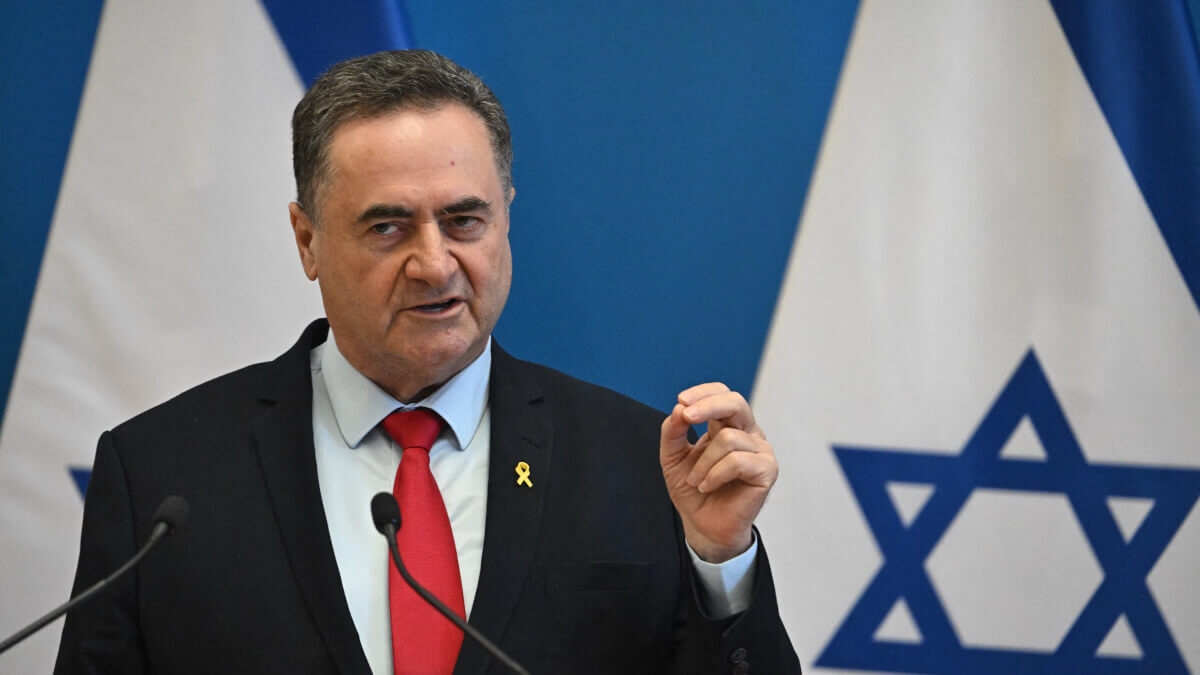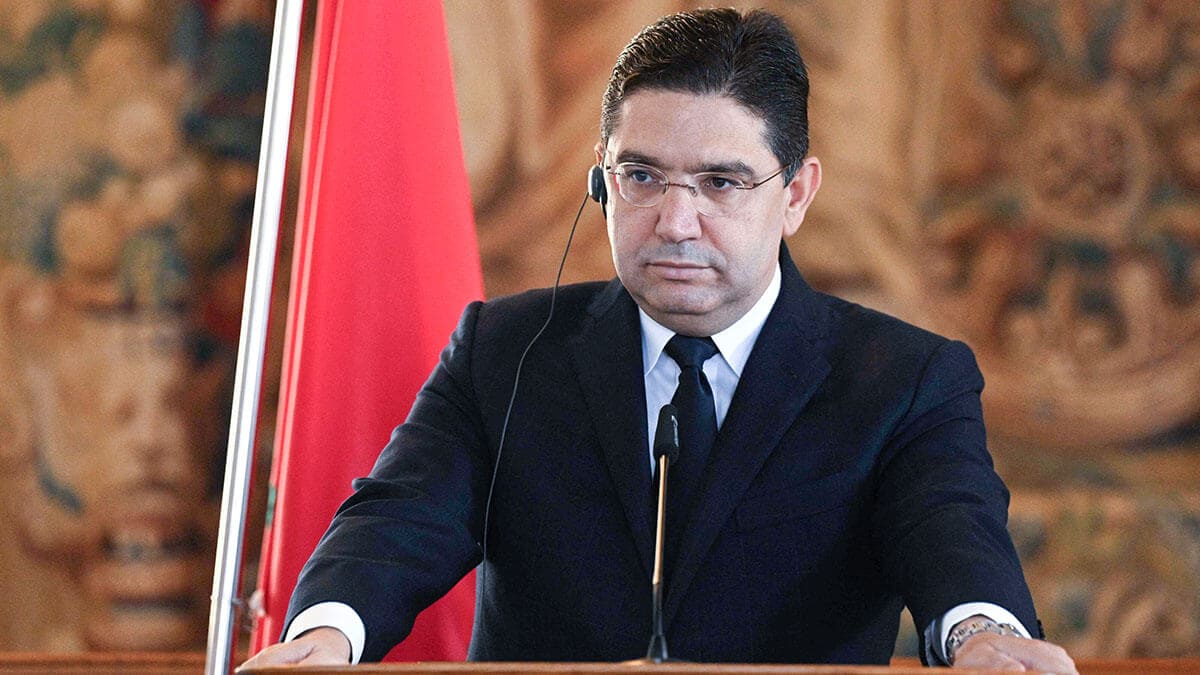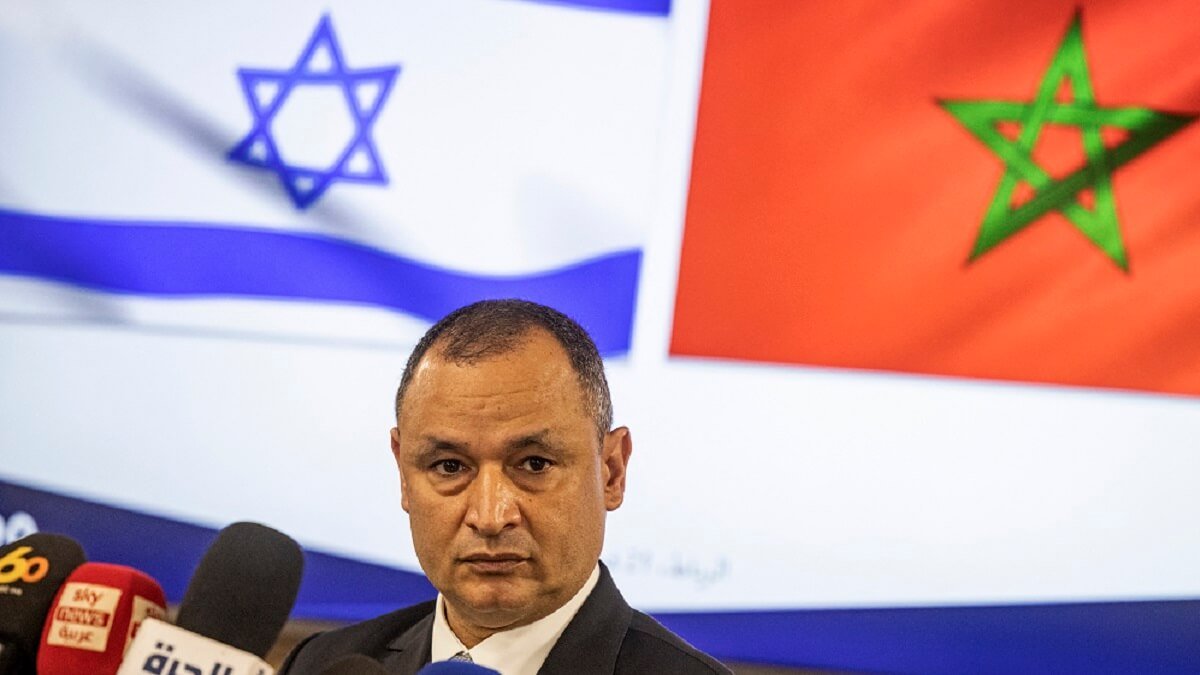Against a backdrop of tensions and violence in the region, trade between Morocco and Israel has reached unprecedented levels in 2024. Despite Israel’s continued bombardment of Gaza, which has drawn international condemnation, economic ties between the two countries, strengthened by the 2020 Abraham Accords, have intensified significantly, raising questions about the possible implications of this rapprochement.
According to the latest data from the Abraham Institute for Peace Accords, bilateral trade between Morocco and Israel reached €7.8 million in June 2024, an increase of 124% compared to June 2023. During the first six months of 2024, trade between the two countries totalled 48.9 million euros, an increase of 64% compared to the same period last year.
This remarkable increase in trade relations comes at a particularly sensitive time, when the Israeli Occupation Forces (IOF) have been accused of carrying out acts of genocide against the Palestinian population, a situation that has triggered a humanitarian catastrophe. In this context, the growing economic relationship between Morocco and Israel is not only noteworthy, but has also generated debate.

Some critics argue that the expansion of trade between Morocco and Israel, especially in such a turbulent period, could be interpreted as a prioritisation of economic interests over traditional solidarity with the Palestinian people, a cause that Morocco has historically supported. According to Morocco World News, this development could challenge Morocco’s position as a defender of Palestinian rights and raise concerns among a large part of its population, which continues to show sympathy for the situation of Palestinians under Israeli occupation.
Since 7 October, thousands of Moroccans have taken to the streets in cities such as Tangier, Casablanca and Rabat, demanding that the government sever diplomatic ties with Israel. The demonstrations reflect popular discontent at what many see as a betrayal of Morocco’s historic commitments.
While the economic benefits of increased trade are clear – encompassing sectors such as agriculture, tourism and services – there is growing concern that these gains come at a moral cost. The Abraham Accords, which facilitated the strengthening of diplomatic ties between Morocco and Israel in December 2020, were hailed as a step towards peace and regional cooperation. However, criticism has also emerged that these agreements have put the core issue of Palestinian state recognition on the back burner, focusing primarily on strengthening economic and diplomatic ties, which does not fully address the roots of the Israeli-Palestinian conflict.

The Moroccan government’s decision to forge closer relations with Israel has generated criticism within certain political sectors in the country, which see this move as a betrayal of Morocco’s historical commitments. Although the government defends these moves as part of a broader strategy to improve Morocco’s geopolitical position and economic resilience, the timing and implications of these moves remain a matter of debate.
At the regional level, Morocco is not alone in its expansion of economic relations with Israel. Trade between Israel and other countries such as the United Arab Emirates, Bahrain and Egypt has also increased, although the context differs in each case. For example, trade between Israel and the UAE reached €250 million in June 2024, a modest increase of 5% over June 2023.

However, this growth is small compared to the increase in trade between Morocco and Israel, which has led to additional scrutiny of Morocco’s unique position within the framework of the Abraham Accords.
The intensification of trade between Morocco and Israel, at a time of humanitarian crisis in Gaza, raises difficult questions about the balance between economic interests and ethical and political considerations in international relations.





